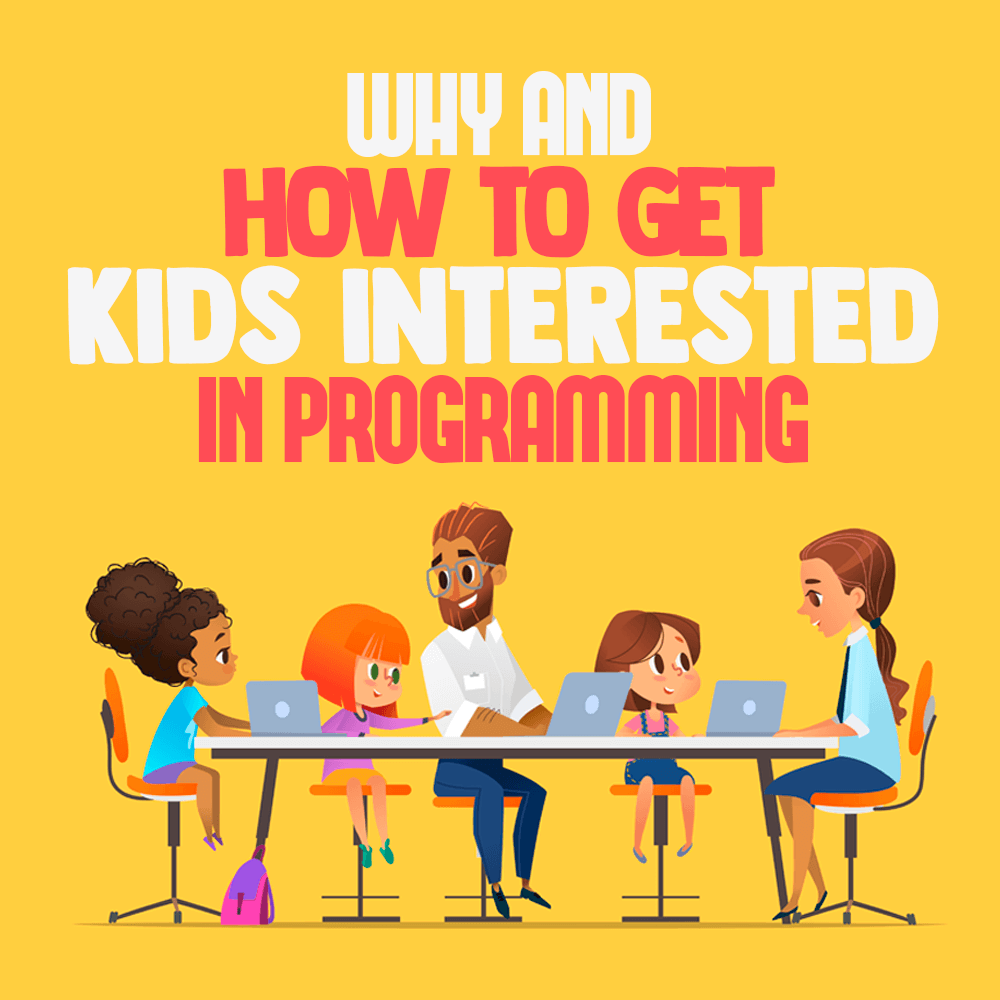 For most programmers today, explaining to their grandparents what they do for a living can be an exercise in futility, as the grandparents often do not follow, mostly because older generations perceive the concept of programming as novel. However, the truth is that coding has been with us for nearly two centuries.
For most programmers today, explaining to their grandparents what they do for a living can be an exercise in futility, as the grandparents often do not follow, mostly because older generations perceive the concept of programming as novel. However, the truth is that coding has been with us for nearly two centuries.
The very first algorithm was written by the mathematician Ada Lovelace, a contemporary of Charles Babbage, who is known as the “father of computing.” The algorithm was written sometime between 1842 and 1843 for Babbage’s Analytical Engine. But since the Analytical Engine was never built, the algorithm was never run. It was, however, a complex and sound algorithm that is still revered even now, when programming as a field has grown immensely in complexity since those first days.
To truly understand where the field of coding is going, and why we should teach it to our kids, we need to first understand how important it is.
Coding is a lot like teaching, only you’re teaching a computer, rather than a human, to perform a specific task. To communicate with the computer effectively, you have to speak in a language that the computer can understand, known as the programming language.
That code has not always looked the same, and very few people today will be able to understand code from six or seven decades ago. At the very beginning, code was written in the form of holes on punch cards, which were loaded into a computer. From there, it went on to numbers, and then words.
Today, computer code looks almost like the English we use in conversation. This evolution has come about to make it not only easier for programmers to teach computers efficiently and effectively, but also so that it is easier to learn how to code in the first place. With more people being able to communicate with computers because of the ease of using computer languages, computer technology and systems have become more and more a part of our lives.
Currently, there are numerous programming languages out there. Some of them were built for special purposes while others are general and can be interchanged depending on preferences and the nature of the task.
For the World Wide Web, HTML, CSS, and JavaScript reign supreme. For statistics, R, Python, and SAS are the default languages. AutoCAD languages help engineers as they design with CAD software, while C++, Java, and others are multipurpose programs that can be used just about anywhere.
It has gotten to the point that it is virtually impossible to do business without relying on a computer for some reason or other. For that reason, programmers are becoming an invaluable asset for companies around the world. And the job market for programmers is growing every year. That’s a trend we can expect to continue into the future, which means this is a valuable qualification for our kids to have as they grow up and go into the job market.
Coding Extends Far Beyond the Tech Industry
When coding came onto the scene, only the technology sector could make use of it. That is no longer the case. Actually, many of the job openings that exist for programmers aren’t even in tech companies. Some of them are in health care, others in government, others in finance, and some in traditional manufacturing. Even marketers could do with coding skills with the advent of digital marketing.
Coding is also taking a special direction. As technology rapidly evolves, lots of software companies are focused on making it easier to learn how to code and to code effectively.
Companies like Bubble, Zeroqode, and Sparkster have taken great steps to make it easy for just about anyone to build things using code. Most of the time, it’s as easy as dragging and dropping the elements you need for your software and also coding the logic using regular conversational English.
By giving everyone a chance to code, a revolution is coming about in the industry that will wrest coding from the hands of the top 1 percent of people who are highly educated and paid for their familiarity with arcane programming languages. For many, maintaining the status quo and keeping coding an exclusive club is a good thing. For most of us, however, making it accessible to the masses is the best thing.
Why We Need to Engage the Next Generation
Coding isn’t just for software engineering graduates anymore. Many jobs make it one of the job requirements, and the salaries are higher than average to reflect its importance. There are also plenty of boot camps across the country to help job seekers learn how to code. The fact that they’re popping up like mushrooms with no end in sight is a clear sign that there is high demand for them.
There are also efforts to teach coding to the youth in our schools. The government and private institutions are making many efforts to encourage the integration of coding into the curriculum.
As such, coding is an important skill to try and teach to our children. By engaging them, we are giving them a vital skill that they will be able to use in the future to achieve their dreams. The trends are such that, with time, coding will be as basic a skill as reading and writing. To not teach our children this skill is to leave them handicapped for the future.
So, how do we engage our young future programmers? How do we teach them to code? Here are some tips all educators should consider when introducing young people to the wonderful world of technology.
Do Not Force Anything
This is a great rule to follow, especially for younger children. Children will not enjoy the world of technology if you introduce it to them with all the rules and protocols. That will make them see it as just another boring thing they have to do at school. Instead, introduce them to the wondrous world of tech, and then let them play.
Encourage them to tinker and figure things out in the beginning using beginner coding languages like Scratch. Let them break things if they have to. They’ll learn to create something new in the process.
Curiosity Is Your Friend

Make the children curious about technology, and some of them will spend their entire lives trying to satisfy that curiosity, and that will lead to careers in the field.
Early Exposure Is Important
Projects are a great way to encourage your children to learn about design, as well as coding and engineering skills, at an early age. Technology is rapidly evolving, and the infrastructure is becoming more and more accessible, even to young children. Try to expose your children to the world of coding and tech as early as you can, encouraging them to explore their computing device beyond the basics so they can get curious about the possibilities. That early childhood curiosity really sticks with and impacts them, encouraging them to want to learn even more.
Programming Should Be Fun
The trick is to allow your children to play at programming as a way to learn. They should not see it the same way they see other subjects, as boring work, or they simply won’t make much progress. Programming is already inherently complex as it is; there’s no need to make it even more complex by messing up the pedagogy. Allow the children to build things that they like and enjoy.
As you present programming to children, you should present it in such a way that it looks like a fun game they can play, just like the other games they’re used to. In that sense, there are lots of opportunities to be creative here. Whatever you do, remember that the key word is fun. You can even get assistance from content preparation experts like xpertwriters.com to help you prepare learning material for your curriculum in a way that children will enjoy.
Raising Future Programmers
By getting our children acquainted with programming early enough, we are building a brighter future—not just for them, but for all of us.
It’s already evident that software is a significant part of the future of the world. It only makes sense to prepare the next generation for that future.
